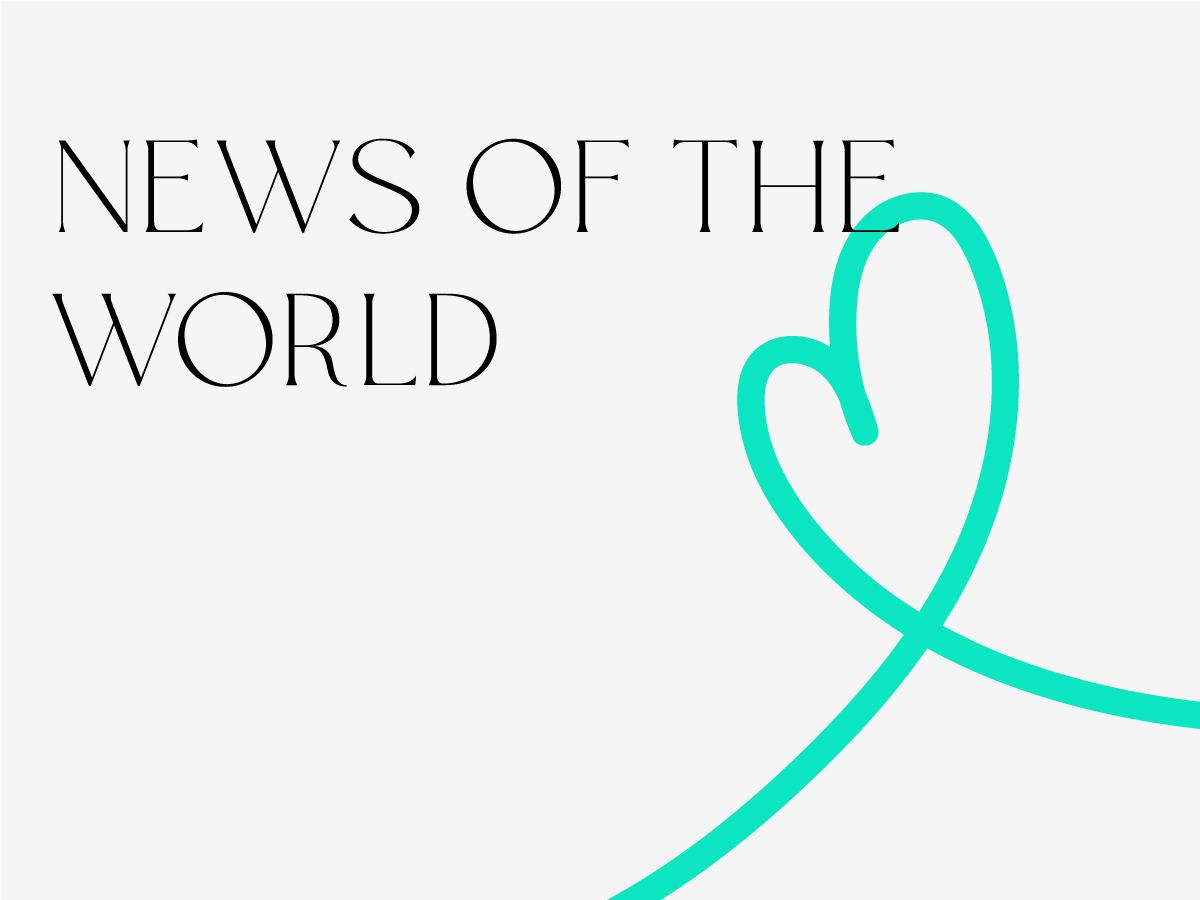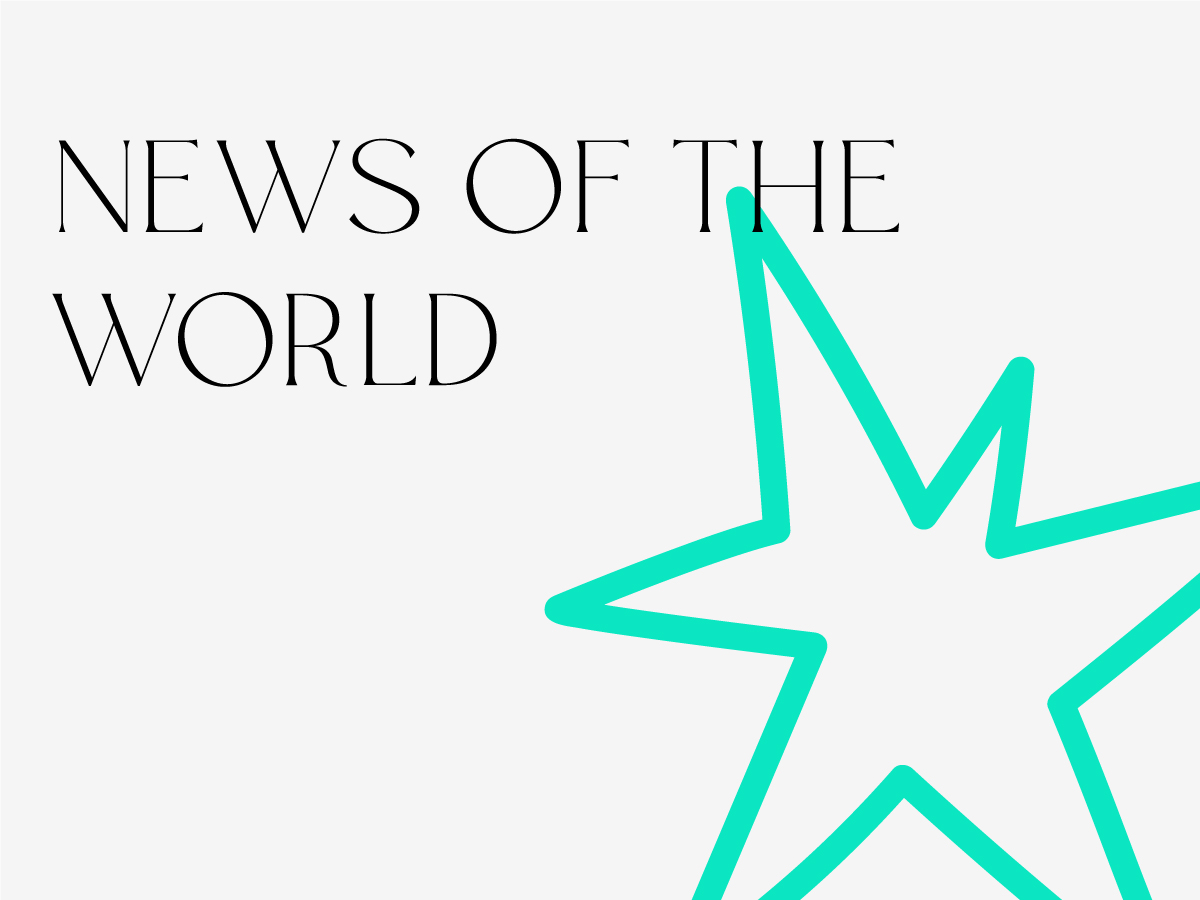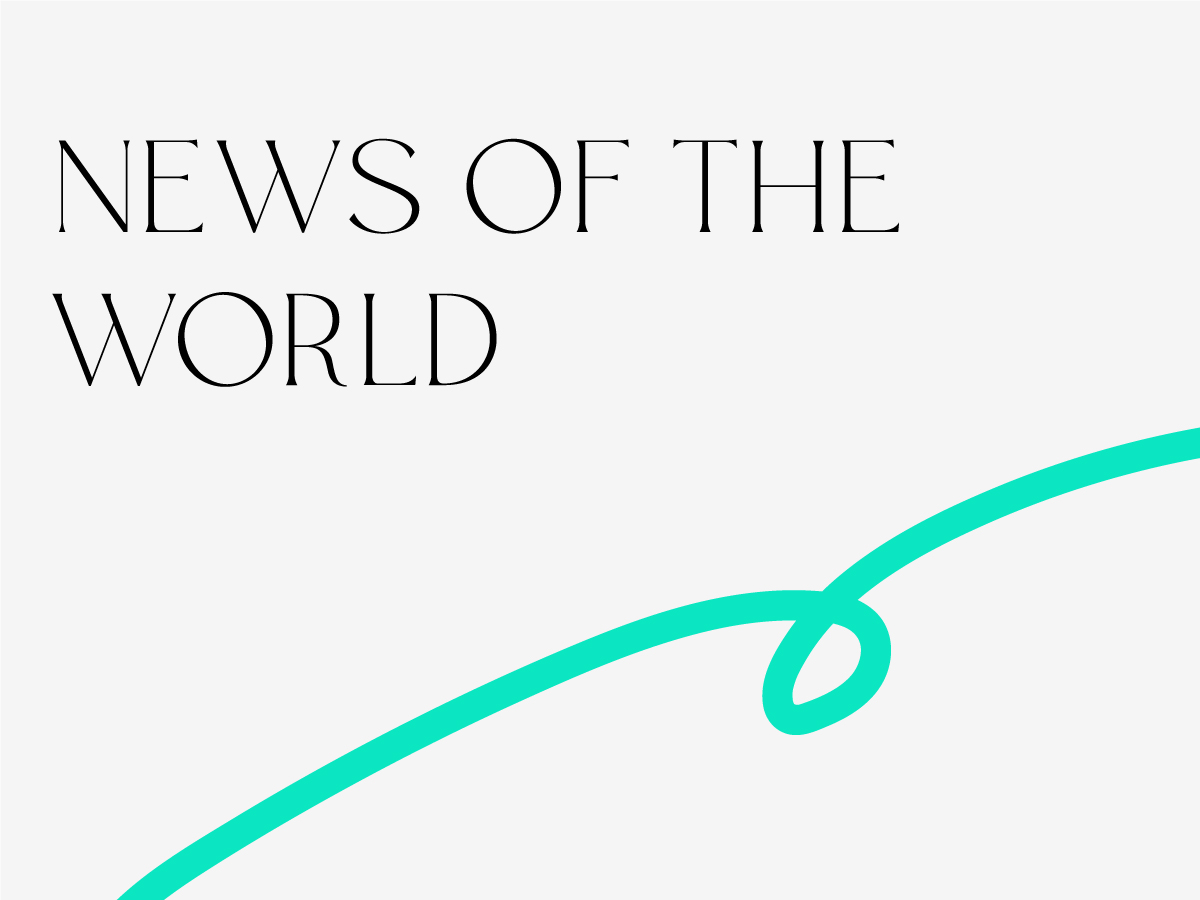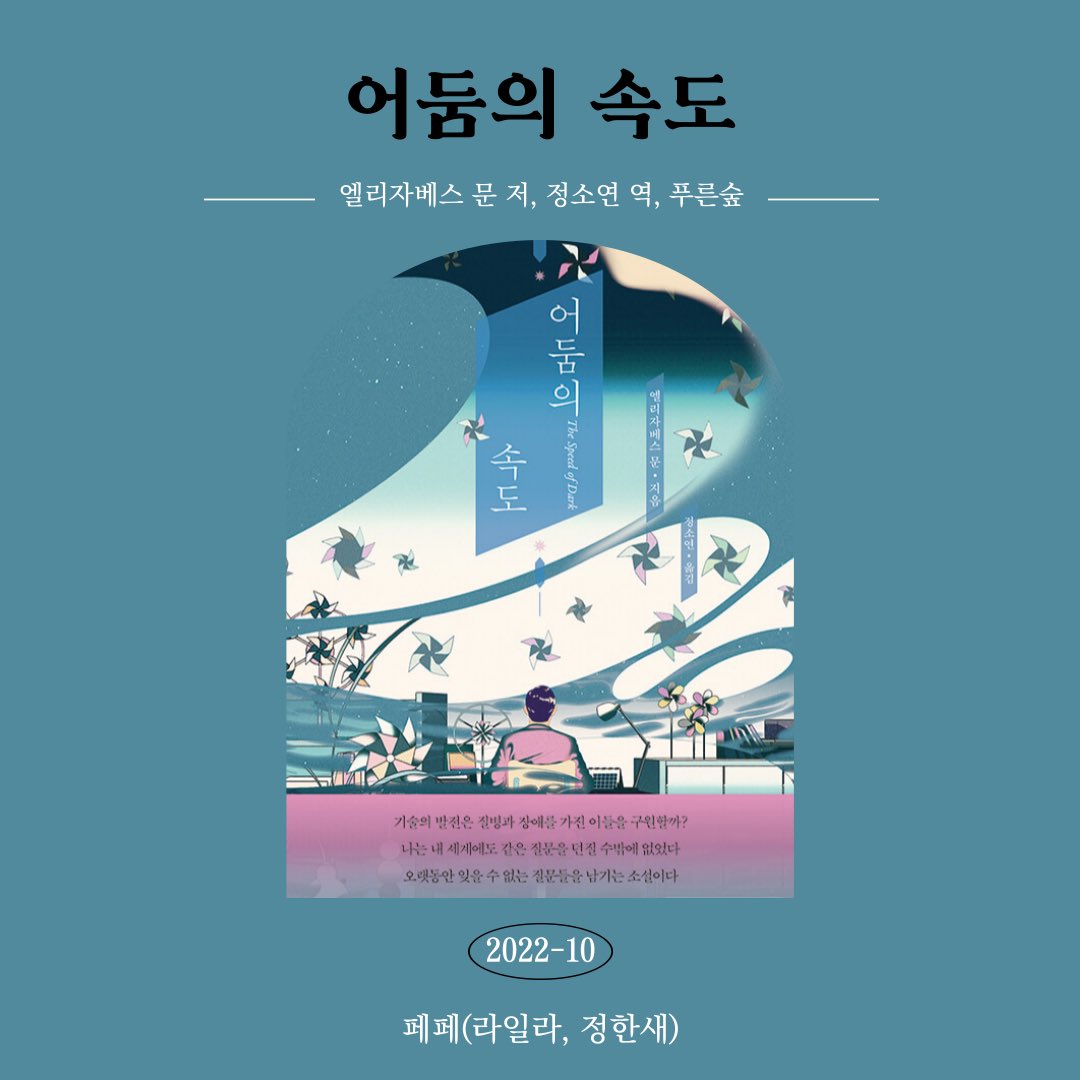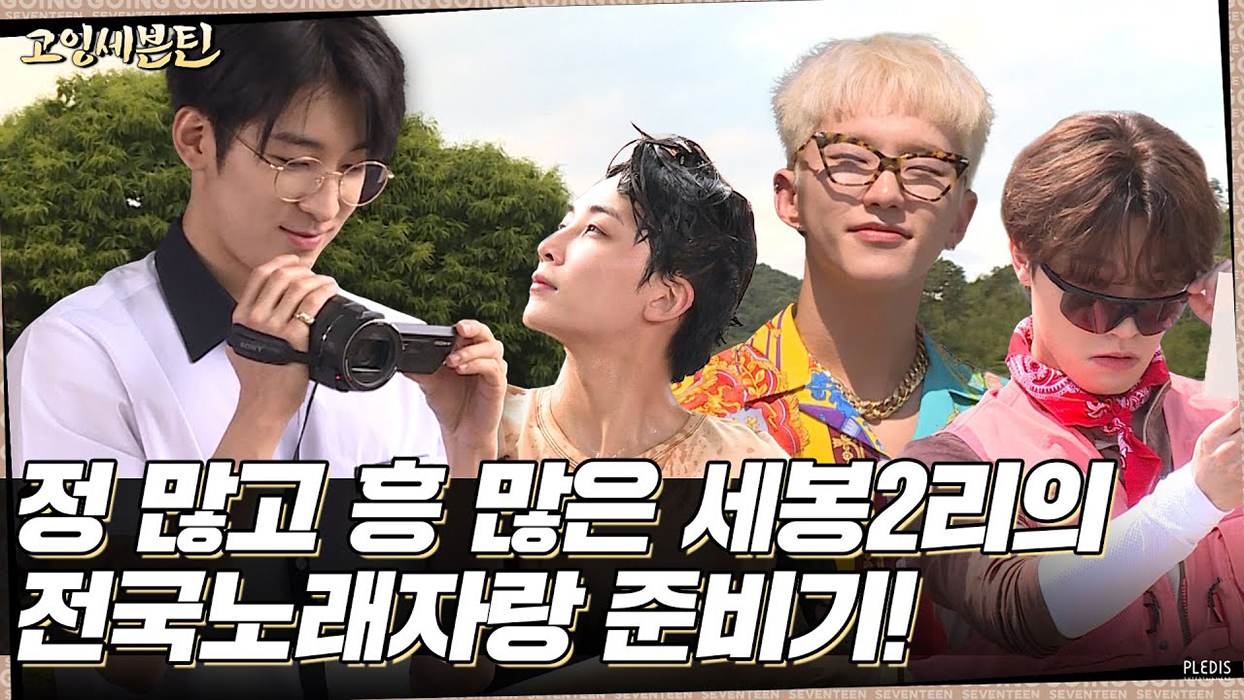
Hunt
Im Sooyeon (CINE21 reporter): Hunt marks Lee Jung Jae’s directorial debut and first reunion with Jung Woo Sung, together known as the “Cheongdam Couple,” since City of the Rising Sun 23 years ago in 1999. This film overturns the misunderstanding that he sailed through his debut as a director and easily cast the lead role. After 28 years in the field, Lee knows how a blockbuster should be shot. In 1983, Korean Central Intelligence Agency (KCIA) Foreign Unit Chief Park Pyong-ho (Lee Jung Jae) and Domestic Unit Chief Kim Jung-do (Jung Woo Sung) receive orders to uncover a North Korean spy, known as Donglim, who has infiltrated the agency, and start a game of chicken for their survival. Hunt was inspired by the terrorist bombing in Yangon but boldly exercises creative license instead of being tied to the real story. As such, it is liberated from the ethical burden of historical accuracy and maximizes the emotions of doubt and betrayal during the Cold War and within the intelligence agency, using them to set the scene for a spy action flick. Moreover, it poses universal questions by capturing dilemmas occurring between diverse groups and the contradiction of justifying procedural flaws for the sake of results. This surprising debut film by Lee Jung Jae can be read as a footnote on contemporary Korea.
“MORE” – j-hope
Randy Suh (pop music critic): It was “Hope World” throughout July. As the first release of BTS’s solo projects to open the group’s chapter, j-hope had his second encounter with the world with a surprisingly well-made self-produced album. The pre-released single “MORE” was enough to amplify expectations for his first studio album that he prepared with determination. It was surprising that he saved his major weapon – dance, but it was all the more shocking that his winning move was the chorus with a grungy rock band sound. j-hope, who made his presence felt with his signature shouting-style rap in the early years of BTS is again showcasing his “shout” as he starts his new solo career. The narratives of dark desire that he preannounced before the release of the album is distinct from the approach of the “dark (but actually messy) desire” that male artists commonly take when they transition in their career. Observing both extreme aspiration and the soul that is exhausted behind it, this album reflects the simple but unavoidable irony where things done for oneself lead to self-destruction. “MORE” was undoubtedly an effective start of these messages.
Unauthorized reproduction and distribution prohibited.
- Top Gun: Maverick takes off2022.07.01

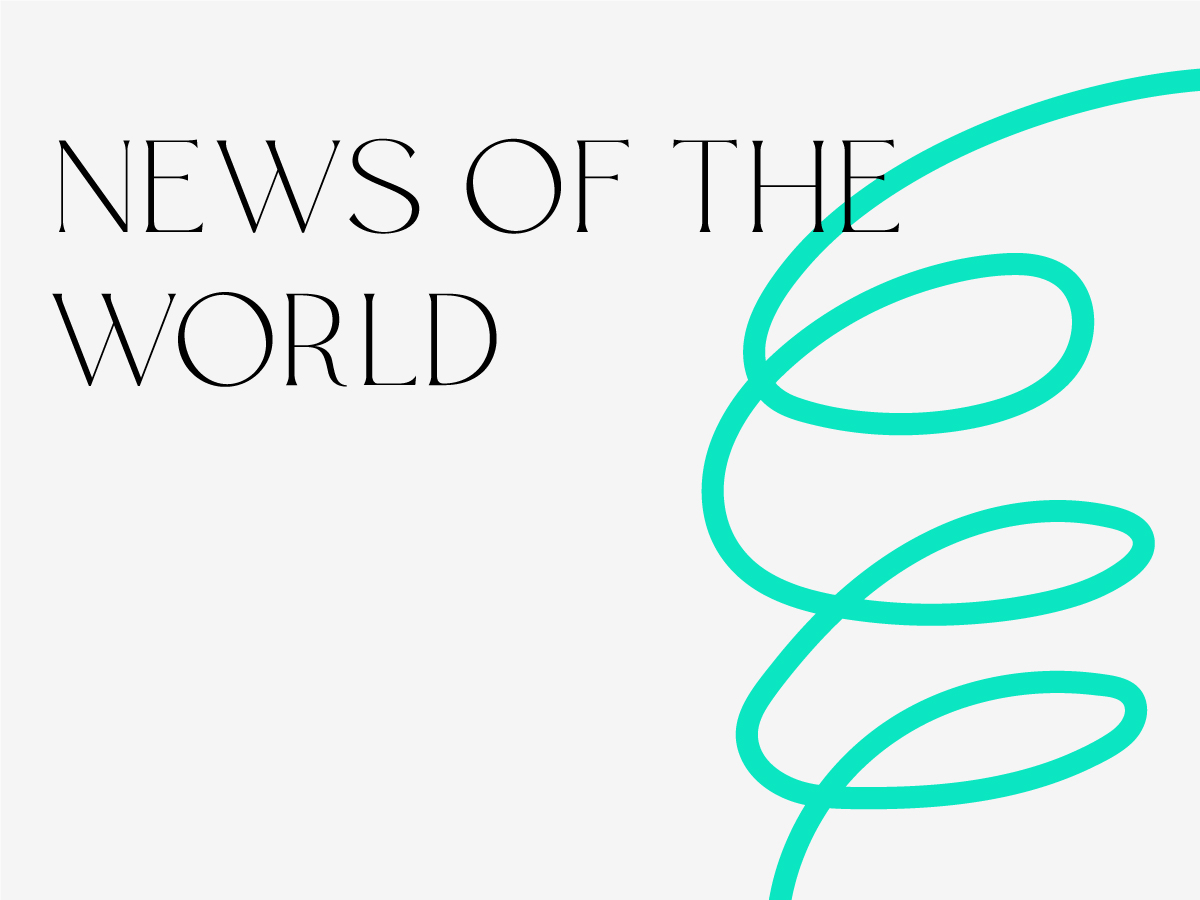
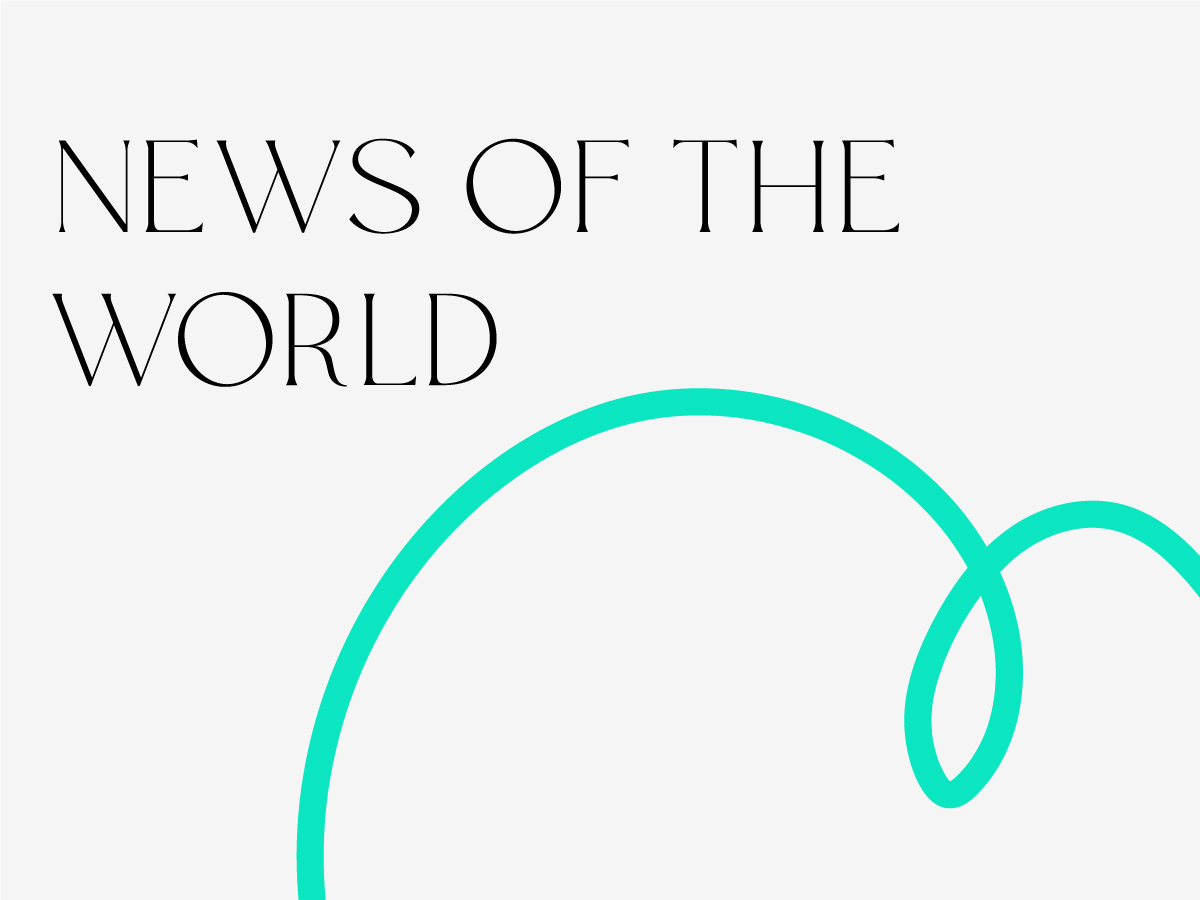
- This week’s K-variety Recommendation2022.07.22
